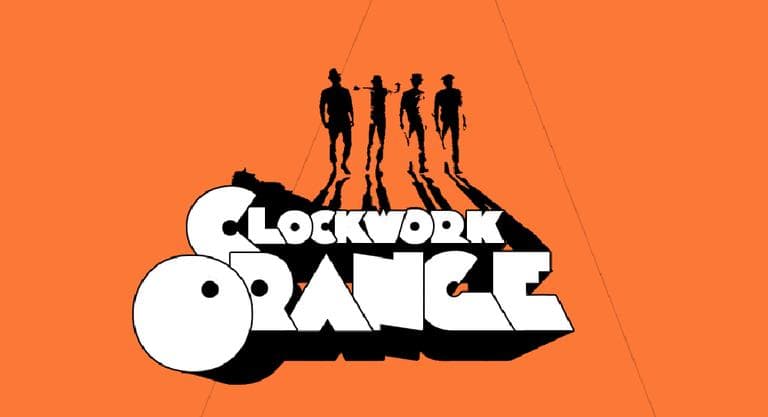Advertisement
'A Clockwork Orange' At 50
ResumeWe revisit the great and terrifying transgressive novel of Anthony Burgess.

In 1962, when Leave it to Beaver was still a staple of American television, British novelist Anthony Burgess came out with “A Clockwork Orange.” It was a terrifying “ultra-violent” romp set in an imagined future of bowler-hatted British dandies – fancy-spoken thugs – slashing and raping and killing their drugged and gleeful way to a jittery soundtrack of Beethoven.
Leering, sneering sociopaths on a tear. And a brutal state in response. If you read it, if you saw the Kubrick movie, you didn’t forget. Now its offspring are all over.
This hour, On Point: A Clockwork Orange at 50.
-Tom Ashbrook
Guests
Andrew Biswell, director of the International Anthony Burgess Foundation, his latest book is A Clockwork Orange (Restored Text).
Andrew Loog Oldham, first manager of the Rolling Stones. He wrote the sleeve notes for the Stones’ 1965 album “The Rolling Stones, Now” in a derivation of Burgess’s “nadsat” dialect.
C-Segment: Looper
Angela Watercutter, cultural reporter and film critic for Wired. Her review of the film "Looper" is here.
From Tom's Reading List
The New Yorker "The writer first published the book “A Clockwork Orange” in 1962. Nearly ten years after its publication, its title and content became known to millions because of Stanley Kubrick’s very close film interpretation. The writer first heard the expression “as queer as a clockwork orange” in a London pub before the Second World War. It’s an old Cockney slang phrase, implying a queerness or madness so extreme as to subvert nature."
The Independent "Now a new document obtained by The Independent on Sunday reveals that Anthony Burgess's A Clockwork Orange was almost never published at all because of concerns it might turn out to be an "enormous flop". The remarkable assessment of Burgess's most famous work is revealed for the first time in an internal reader's report for Heinemann, which eventually published the novel."
The New York Times "The day-to-day business of writing a novel often seems to consist of nothing but decisions — decisions, decisions, decisions. Should this paragraph go here? Or should it go there? Can that chunk of exposition be diversified by dialogue? At what point does this information need to be revealed? Ought I use a different adjective and a different adverb in that sentence? Or no adverb and no adjective? Comma or semicolon? Colon or dash? And so on."
Video
Check out the trailer for the 1971 Stanley Kubrick film.
Excerpt
Playlist
“Title Music” from "A Clockwork Orange"
“The Thieving Magpie” from "A Clockwork Orange"
“Suicide Scherzo” from "A Clockwork Orange"
“Theme Music” from "A Clockwork Orange"
This program aired on October 1, 2012.
